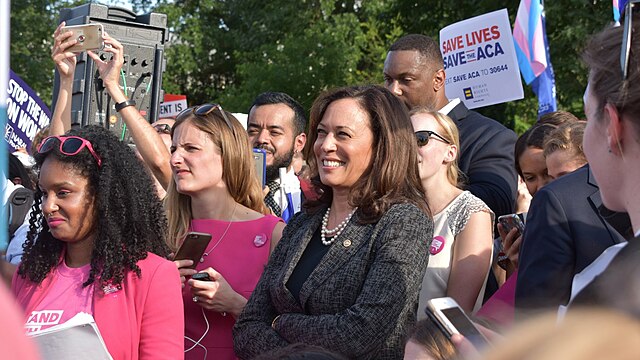I used to make $8.50 an hour and about three dollars a night in tips.
But, as we say in the South, “Sweep your own front porch.”
In other words: it’s none of your business.
Several small businesses, including social media startups Buffer and Sumall, are starting to publish employee wages. Although these businesses seek to promote equality, the reality is this violates privacy and damages worker repartee.
“I don’t really think it’s anyone’s business what you make,” said Jake (last name withheld) from Jam’s Deli in an interview with The Guilfordian. Pointing over his shoulder towards the busy kitchen, he continued, “It’s none of my business what he makes — and what she makes — and what he makes.”
The problem is, money and camaraderie mix like oil and water. When employees know “what he makes — and what she makes,” then it is easy to lose focus from common goals and focus on salary, especially in the service industry.
“Out front, the servers make the same rate, so their thing is tips,” said Elizabeth’s Pizza manager Tina (last name withheld) in an interview with The Guilfordian. “And there have been issues in the past where one … would get more tables, (but) I try to pay everyone fairly and haven’t had many complaints on that level.”
Workers shouldn’t be burdened with this knowledge; it’s a manager’s job only to manage workers. Because work should be qualitative, not quantitative, co-workers don’t have enough information to make accurate conclusions about their co-workers’ salaries.
When I worked in a chain drug store, our training videos elaborated on how they invest so much into theft prevention. With their numerous resources, certainly businesses can make sure another type of theft — unfair wages — can be reported.
Exposing workers’ wages is not necessary when the government, businesses or nongovernmental organizations can set up alternative ways to ensure fair wages, such as monitoring managers.
Although the value of fairness speaks for itself, what is the value of worker camaraderie in comparison?
Camaraderie, besides creating a more pleasant working environment, helps workers earn higher wages. There is strength in numbers.
For instance, a Harvard and University of Washington at Seattle joint study reported that in the past 30 years, as union membership plummeted to seven percent, wage inequality escalated 40 percent. As unions fell, pay inequality rose.
Workers can’t make complete judgments about someone else’s salary, so a worker is bound to think at least one of his or her co-workers is paid too much or too little.
And these judgments cloud camaraderie, lower productivity, create a less desirable work environment and disband unity that comes in numbers.
As a local dental hygienist named Stephanie (last name withheld) said in an interview with The Guilfordian, “There’s only so many ways you can clean teeth. We should get paid the same if we do the same amount of work.”
Unfair wages must stop, but not at the cost of privacy and workers’ camaraderie.
In other words: sweep your own front porch.





